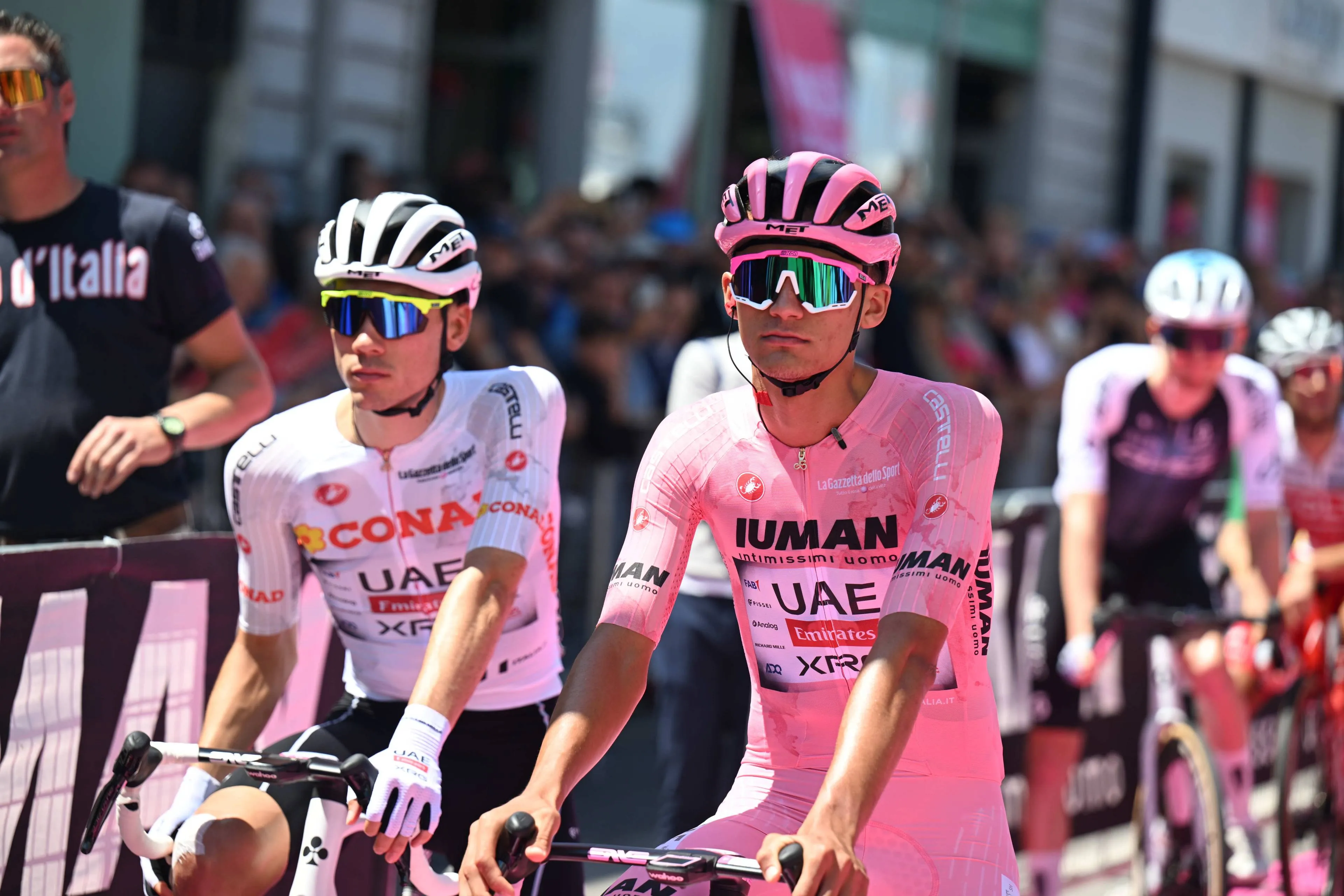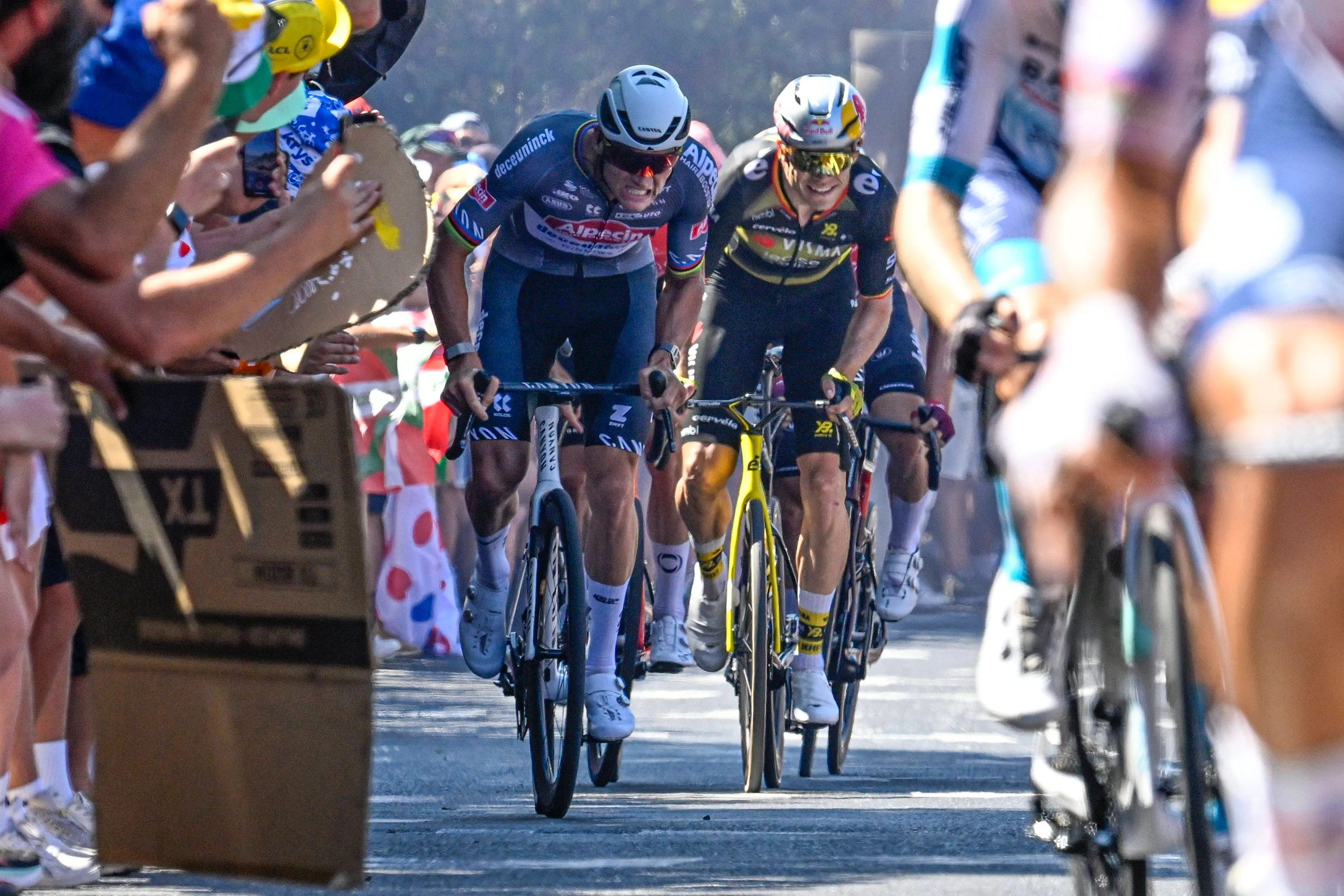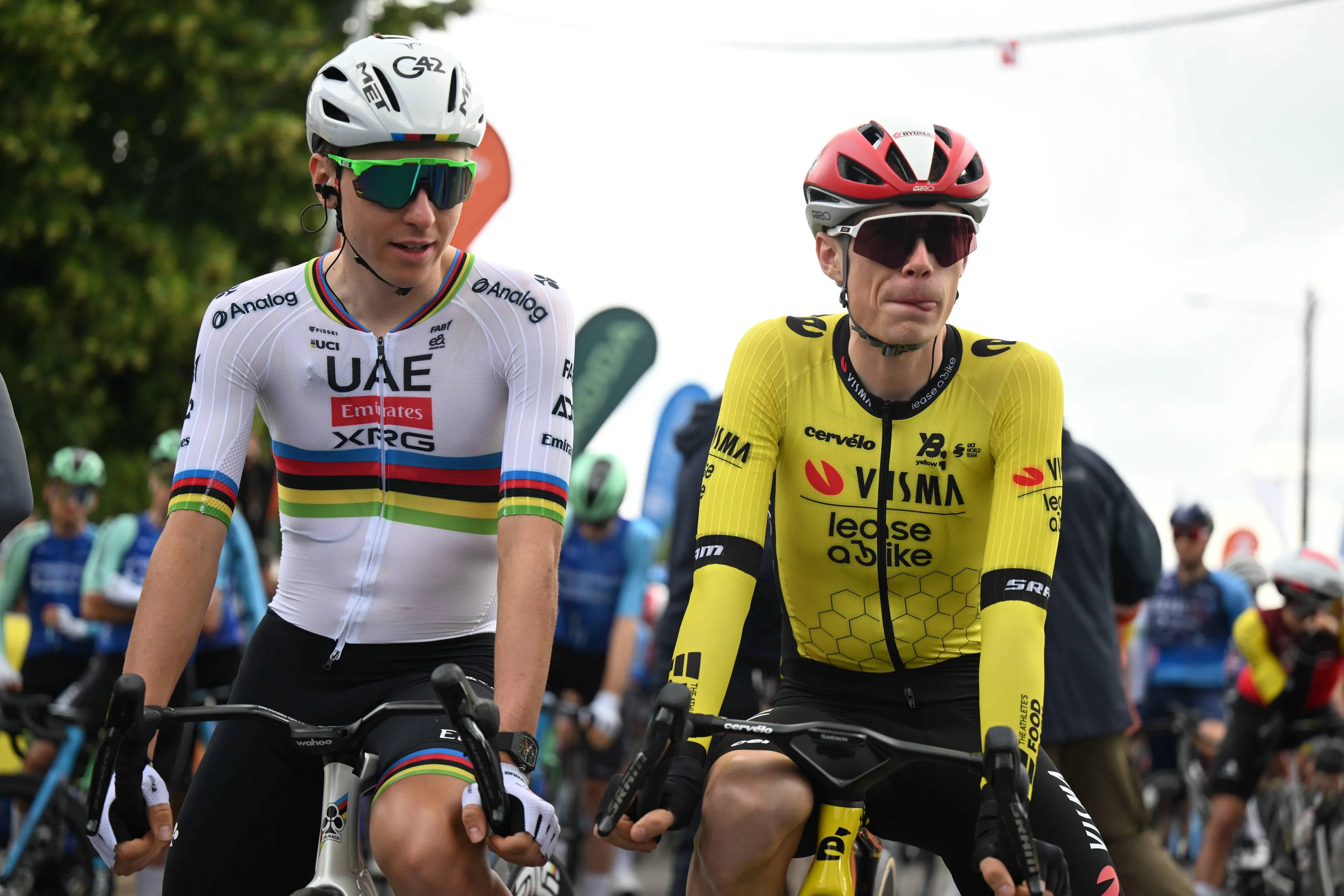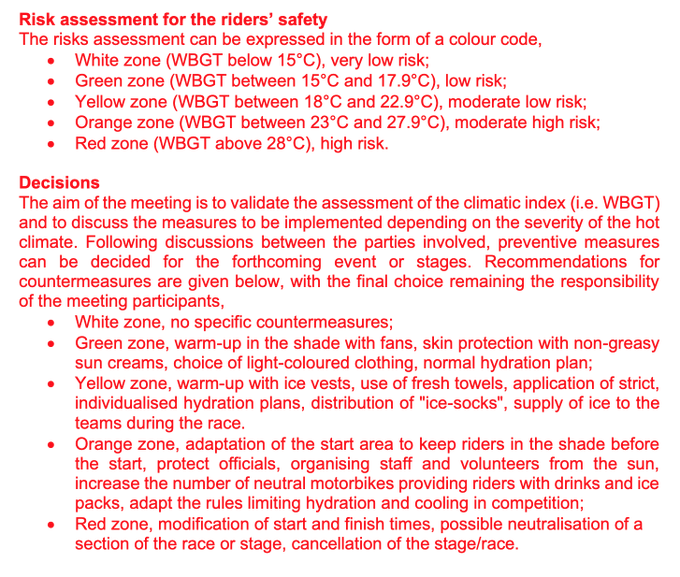
After it was announced in December that the UCI would be introducing a new High Temperature Protocol for road racing, the regulations have now been officially published by the governing body.
The new regulations divide the various temperature zones by risk to rider safety, using the wet-bulb globe temperature, a measure of heat stress to a human when in direct sunlight. The UCI have then suggested several countermeasures to combat these risks based on their severity.
Read also
This comes after several incidents over the past few years where teams have been forced to race in hot temperatures, with no official protocols in place to counteract the effects of the heat on the riders. An example of this was at last year’s Tour de France, where riders faced an extreme heatwave and were forced to ride in temperatures nearing 40°C.
In a press release that was published by the UCI in December, the president of the governing body David Lappartient stated that “the health, safety and wellbeing of our cyclists are of the utmost importance. That is why the UCI is continually working to respond to new situations and adapt its protocols in line with the changing environment in which cyclists evolve”.
Read also
claps 0visitors 0
Just in
Popular news
Latest comments
- Also a bit weird that fans speak as if they want Jonas to ride more than Ts & GTs and on the other hand don’t want Remco to ride them. Maybe crowdfunding a rider would allow them to get involved.Mistermaumau25-02-2026
- Can we wait until he’s done a few more before deciding or do we have to define him for the rest of all time today? How many GTs has he done? Results? He abandoned in 3rd after 2 weeks, am pretty sure he’s expecting to be on the podium this year.Mistermaumau25-02-2026
- Awp, c’mon if they start arresting people now you have A LOT more questions to start asking MTG. The UK (and others) has the excuse not to have had access before, US authorities that needed it have had access for 10, 20, 30 years, if nothing happened before when it should have the problem is far bigger and more worrying than even mist people imagine.Mistermaumau25-02-2026
- So innocent that most resign out of some sudden moral epiphany. I find it incredible no-one asks these people why they waited until the release of files to resign, as if they didn’t expect to be in them, (or were they so greedy they just held out in hope) maybe looking after too much wealth leads to amnesia?Mistermaumau25-02-2026
- Agreed, and I don’t see hiw you can win a GT or come in just after those two but well ahead of those climbers who beat him in a TdF without being pretty good at climbing. If there’d be as much TT as climbing in a GT all the others could go home. It remains to he seen how his climbing evolves and how fast and it would be very naive to write him off completely based on an early season failure but we have seen other transformations that were unexpected, Geraint from track sprinting to climbing and Jonas in TT to name but the most obvious off the top of my head.Mistermaumau25-02-2026
- Remco is becoming more of a TT/Classics rider than a Grand Tour winner. He has a lot in common with Cancellara.
 ScottG25-02-2026
ScottG25-02-2026 - Furthermore, Lidl now has an Ayuso who demands support (support that he supposedly didn't have at UAE), therefore Lidl can no longer dedicate the whole team to supporting Milan by means of the trains: they need another type of sprinter/puncher
 maria2024202425-02-2026
maria2024202425-02-2026 - Last year the guy had his shoulder reassembled from such a bad crash that he almost retired. Context is everything and riders aren't robots.awp25-02-2026
- At his best he's broken almost ever climbing record in the Tour, only behind Tadej and Jonas. To say he isn't a good climber is just more noise and a failure to look at data. It's February, not July.awp25-02-2026
- They hold us in such high regard because of our 32T gdp. As to Epstein, they have to prove they did these things. By the way, our law enforcement arrested the leaders of this. I have a feeling more arrests are coming.awp25-02-2026
Loading
Announced in December, UCI now publishes the new hot weather protocol. It uses "wet bulb globe temperature" (WBGT, google it if you don't know) as the guide for the risk assessment. Rulebook screengrab:
1 Comments









